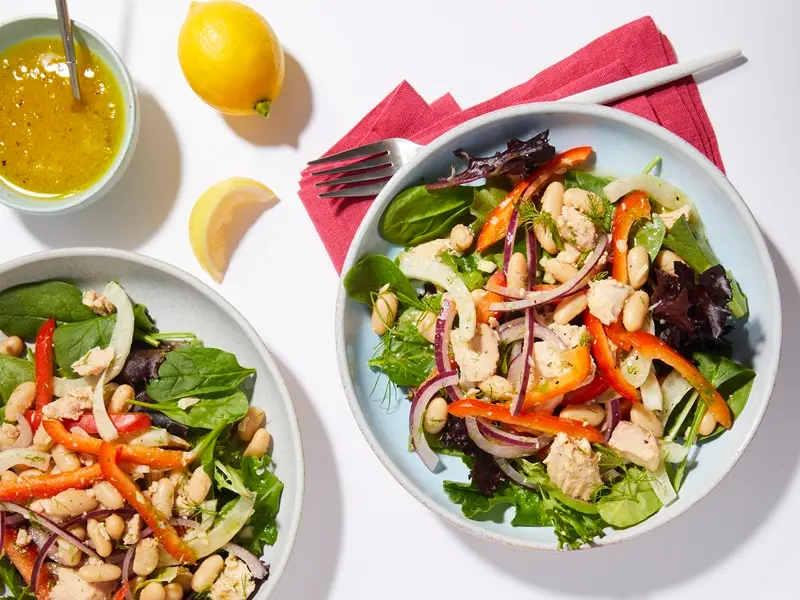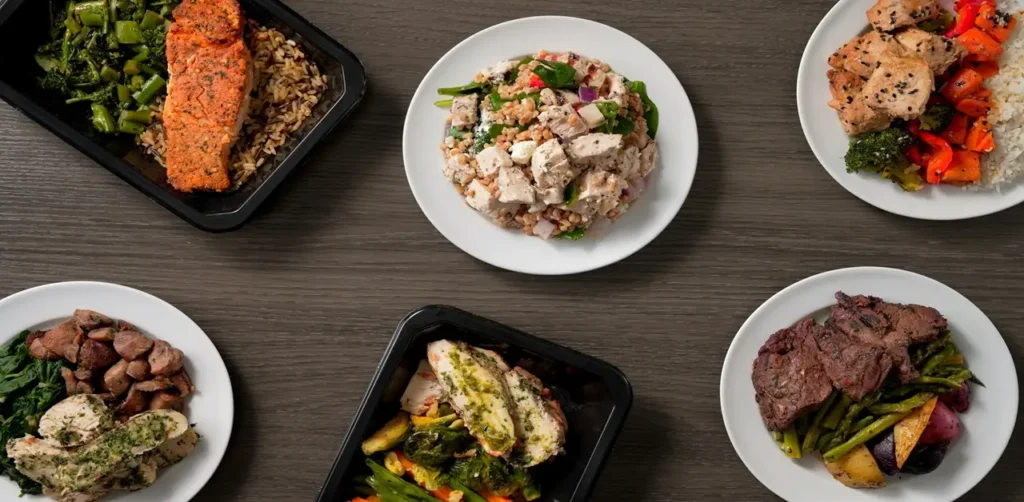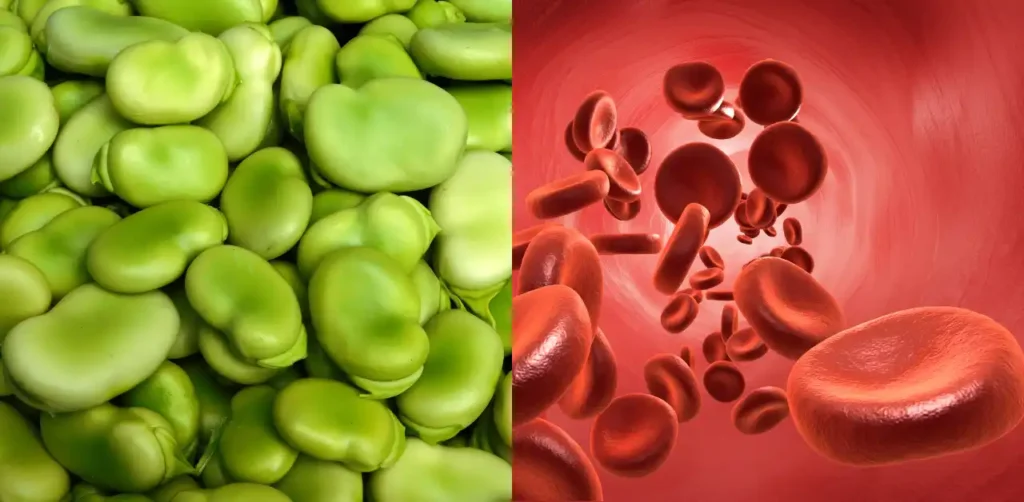In the realm of health and wellness, few topics are as pervasive and significant as cancer. The term “cancer” encompasses a broad spectrum of diseases characterized by the uncontrolled growth of abnormal cells, often forming malignant tumors. While medical treatments such as chemotherapy, radiation, and surgery play vital roles in combating cancer, the role of nutrition in cancer prevention and management cannot be overstated. In this comprehensive guide, we delve into the realm of cancer-friendly foods, the principles of a cancer-fighting diet, nutrition for cancer patients, meal ideas, and essential recommendations from dietitians.
Understanding Cancer
Cancer, or malignant tumors, arises from genetic mutations that disrupt the normal regulation of cell division and growth. These abnormal cells can invade surrounding tissues and spread to other parts of the body, a process known as metastasis. The factors contributing to cancer development are multifaceted, including genetic predisposition, environmental exposures, lifestyle choices, and immune system function.
The Role of Nutrition in Cancer
Amidst the complexity of cancer, nutrition emerges as a powerful tool for prevention, treatment support, and overall well-being. A cancer-fighting diet emphasizes nutrient-dense foods that promote immune function, reduce inflammation, and support the body’s ability to combat cancerous cells. Here are key principles and foods to consider:

Cancer-Friendly Foods:
- Fruits and Vegetables: Rich in antioxidants, vitamins, and phytochemicals, colorful fruits and vegetables such as berries, leafy greens, carrots, and cruciferous veggies (like broccoli and Brussels sprouts) are foundational in a cancer-fighting diet.
- Whole Grains: Fiber-rich whole grains like quinoa, brown rice, oats, and whole wheat provide sustained energy and support digestive health, crucial for cancer patients undergoing treatments.
- Lean Proteins: Incorporate lean sources of protein such as poultry, fish, beans, lentils, and tofu. These foods provide essential amino acids for tissue repair and immune function.
- Healthy Fats: Include sources of healthy fats like avocados, nuts, seeds, and olive oil. These fats provide energy, aid in nutrient absorption, and have anti-inflammatory properties.
- Herbs and Spices: Turmeric, garlic, ginger, and green tea are examples of potent anti-inflammatory and antioxidant-rich additions to meals.
Foods to Avoid with Cancer:

While emphasizing cancer-friendly foods, it’s crucial to minimize or avoid certain foods that may promote inflammation, compromise immune function, or contribute to metabolic imbalances. These include:
- Processed Meats: Limit consumption of processed meats like bacon, sausage, and deli meats, which are associated with an increased risk of certain cancers.
- Sugar and Refined Carbohydrates: High sugar intake and refined carbohydrates can spike blood sugar levels and promote inflammation, potentially fueling cancer growth.
- Trans Fats: Found in processed snacks, fried foods, and some margarines, trans fats can contribute to inflammation and cardiovascular issues.
- Excessive Alcohol: Alcohol consumption, especially in excess, is linked to an increased risk of various cancers, so moderation is key.

Crafting a Cancer Nutrition Plan
Individualized nutrition plans are essential for cancer patients, taking into account their specific diagnosis, treatment protocols, nutritional needs, and any dietary restrictions or sensitivities. A comprehensive cancer nutrition plan may include:
- Consultation with a Dietitian: Working with a registered dietitian who specializes in oncology can provide personalized guidance, ensuring optimal nutrition throughout treatment and recovery.
- Caloric and Nutrient Needs: Assessing calorie requirements, protein intake, hydration status, and micronutrient needs based on individual factors such as age, weight, activity level, and treatment phase.
- Meal Timing and Composition: Structuring meals and snacks to support energy levels, manage side effects of treatment (such as nausea or taste changes), and promote overall well-being.
- Supplementation: In some cases, supplements like vitamins, minerals, or specialized nutrition formulas may be recommended to address specific deficiencies or support immune function.
- Monitoring and Adjustment: Regular monitoring of nutritional status and treatment-related changes allows for adjustments to the nutrition plan as needed, ensuring ongoing support and optimization.

Cancer Meal Ideas
Creating appetizing and nutritious meals is key to maintaining adequate nutrition and supporting overall health during cancer treatment. Here are some cancer meal ideas that blend nourishment with flavor:
- Breakfast Options:
- Overnight oats with berries, nuts, and a dollop of Greek yogurt for added protein.
- Vegetable omelet with spinach, tomatoes, and a side of whole grain toast.
- Smoothie bowl topped with avocado, banana, chia seeds, and a drizzle of honey.
- Lunch and Dinner Ideas:
- Grilled chicken or tofu salad with mixed greens, quinoa, roasted vegetables, and a lemon vinaigrette.
- Lentil soup with whole grain crackers and a side of steamed broccoli.
- Baked salmon with sweet potato wedges and sautéed kale in garlic and olive oil.
- Snack Suggestions:
- Greek yogurt parfait with granola and fresh fruit.
- Hummus and veggie sticks (carrots, cucumbers, bell peppers) for a crunchy, protein-rich snack.
- Trail mix with almonds, dried cranberries, and dark chocolate chips for a satisfying pick-me-up.
Cancer Nutrition Therapy and Dietitian Recommendations
In addition to dietary adjustments, cancer patients may benefit from specialized nutrition therapy tailored to their unique needs and treatment journey. Nutrition therapy may involve:
- Symptom Management: Addressing specific symptoms such as nausea, taste changes, appetite loss, or difficulty swallowing through customized meal plans, texture modifications, and targeted nutritional interventions.
- Weight Management: Supporting healthy weight maintenance or addressing weight changes during treatment, ensuring adequate nutrient intake without exacerbating side effects.
- Gastrointestinal Health: Managing digestive issues like constipation, diarrhea, or bloating with dietary strategies such as fiber adjustments, hydration guidance, and probiotic supplementation.
- Immune Support: Boosting immune function through nutrient-rich foods, immune-boosting supplements (if indicated), and lifestyle practices that promote overall wellness.
Crafting Your Cancer Nutrition Guide
Navigating the complexities of cancer and nutrition can feel overwhelming, but with the right guidance and resources, you can create a comprehensive and effective cancer nutrition guide. Remember these key principles:
- Individualized Approach: Tailor nutrition plans to individual needs, considering diagnosis, treatment phase, dietary preferences, and any medical conditions or restrictions.
- Balanced and Varied Diet: Emphasize a diverse range of nutrient-dense foods to ensure adequate intake of essential nutrients, antioxidants, and phytochemicals.
- Hydration: Stay hydrated with water, herbal teas, and hydrating foods like fruits and vegetables to support overall health and well-being.
- Mindful Eating: Practice mindful eating techniques, savoring each bite, and paying attention to hunger and fullness cues.
- Collaboration with Healthcare Team: Work closely with oncologists, dietitians, and other healthcare professionals to integrate nutrition into a comprehensive cancer care plan.
In conclusion, while nutrition is not a standalone treatment for cancer, it plays a vital role in supporting overall health, optimizing treatment outcomes, and enhancing quality of life for cancer patients. By embracing a cancer-friendly diet, personalized nutrition plans, and expert guidance, individuals can nourish their bodies and cultivate hope on their journey towards wellness. Additionally, they can order healthy food from the IntRest website, which offers meals tailored to their illness, diet, and allergies, ensuring convenient and nutritious options that meet their specific needs.



